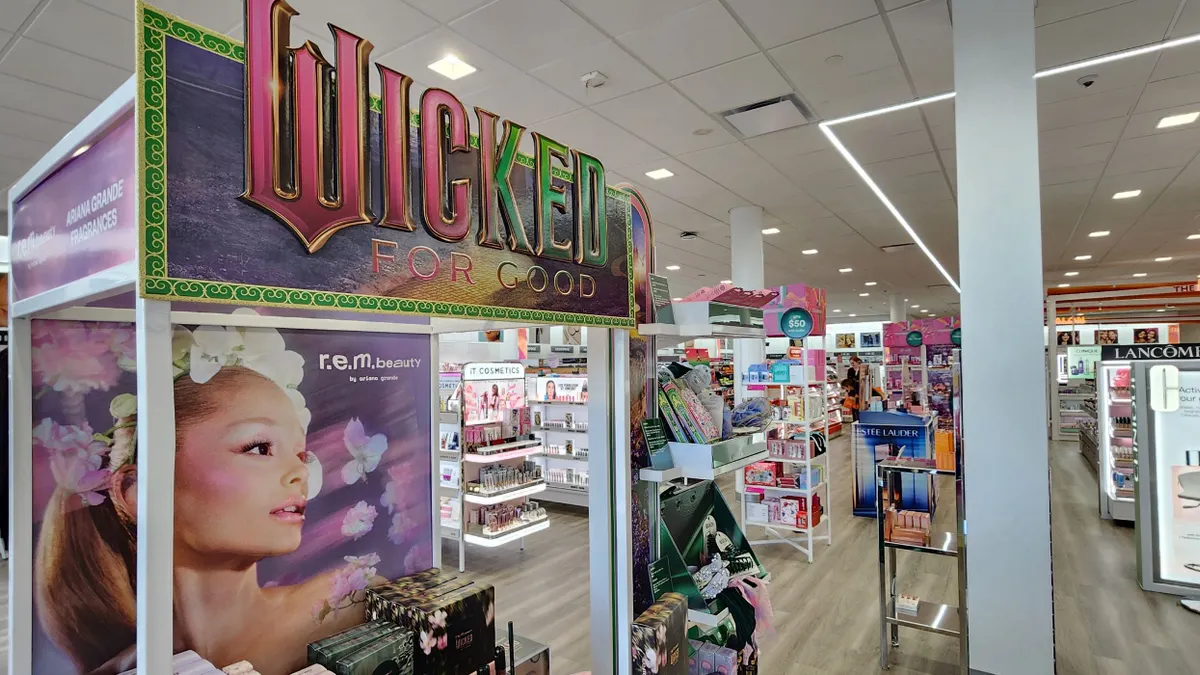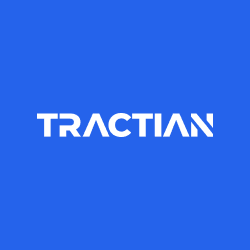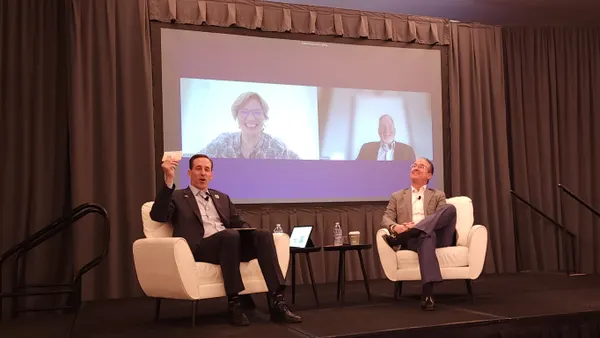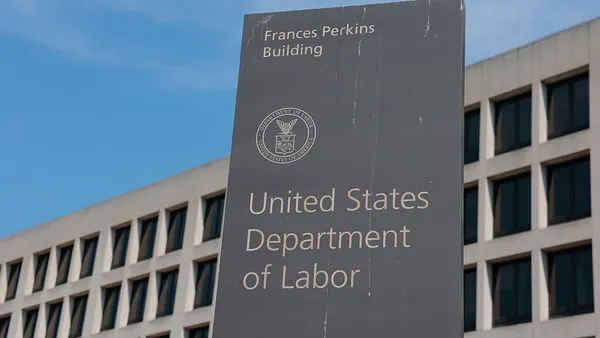Dive Brief:
- The Personal Care Products Council launched a public awareness campaign last week that warns consumers to recognize counterfeit products before purchasing.
- The campaign, dubbed “Buy No Lie,” began ahead of the holiday season and Black Friday, when transactions ramp up and shoppers are most vulnerable to fake products, per the press release.
- “Counterfeit beauty products threaten our industry’s reputation, but more importantly, they endanger consumers and devalue the billions invested in research, safety and innovation,” Tom Myers, PCPC president and CEO, said in a statement.
Dive Insight:
The Personal Care Products Council teamed up with social media influencers, nonprofits, government agencies and other trade groups to provide consumers with resources to help them recognize counterfeit cosmetics and personal care products before buying.
The trade group, which represents manufacturers in the cosmetics and personal care products business, said in the press release that fake products can expose consumers to harmful chemicals and weaken consumer confidence in the beauty industry.
Per PCPC’s factsheet, tips include buying from a reputable seller and checking brand websites, sellers’ locations and “sold by” information. The PCPC also urges consumers to read reviews and search for comments about concerns regarding fake products or language that is overly generic or positive.
Since 2001, the U.S. Food and Drug Administration has reported 123,204 adverse events, of which 117,242 were deemed “serious.” The FDA determines an “adverse event” if the product leads to death, life-threatening conditions, hospitalization, an infection, a persistent or significant disability or incapacity, or disfigurement. In 2025 alone, the agency received 23,632 reports, of which 23,267 were considered “serious.”
The product care trade group also urges consumers to compare pricing. Counterfeit and lookalike products can lead to “significant” revenue losses, thwarting sales by offering cheaper alternatives that appear almost identical to the genuine product, according to PCPC’s website. In 2016, the cosmetics industry lost around $5.4 billion due to counterfeiting, according to a 2019 report by the European Union Intellectual Property Office.
“Beyond the potential health risks, these illegal goods cost U.S. jobs, harm the U.S. economy, and undermine the $2.7 billion investment in scientific research and innovation that supports the safety and efficacy of new products and ingredients,” the PCPC said in a statement.
This cosmetics category includes perfumes, creams, personal hygiene products, makeup, toothpaste and baby care products, which can pose a significant threat to public health, according to a 2025 counterfeit report by the EUIPO.
Turkey and China were the two most prevalent countries of origin for counterfeit cosmetics in 2020 to 2021, accounting for 92% of cosmetic seizures, per the EUIPO report. Additionally, global imports of counterfeit goods were valued at about $467 billion in 2021, a nearly 1% increase compared to $464 billion in 2019.
Personal care and perfume products were among the top 10 commodities seized in fiscal year 2024, according to the U.S. Customs and Border Protection’s Intellectual Property Rights Seizure Statistics report. The agency seized 500,716 counterfeit personal care items valued at $7.6 million at the manufacturer’s suggested retail price. As for fake perfume items, 528,036 items were seized, valued at $57.4 million MSRP.
For fiscal year 2025, which ended Sept. 30, the CBP said in a Nov. 11 press release that it apprehended nearly 79 million counterfeit items with a combined MSRP of over $7.3 billion.
“Counterfeit beauty products often hide in plain sight, disguised as irresistible deals in packaging that looks nearly identical to safe and trusted brands,” Tesia Williams, EVP of public affairs and communications at PCPC, said in a statement. “As holiday shopping ramps up, it’s important to equip consumers with the tools to spot fakes and shop safely online. Public education is the first step to staying safe, and this campaign underscores our industry’s commitment to protecting consumers.”















